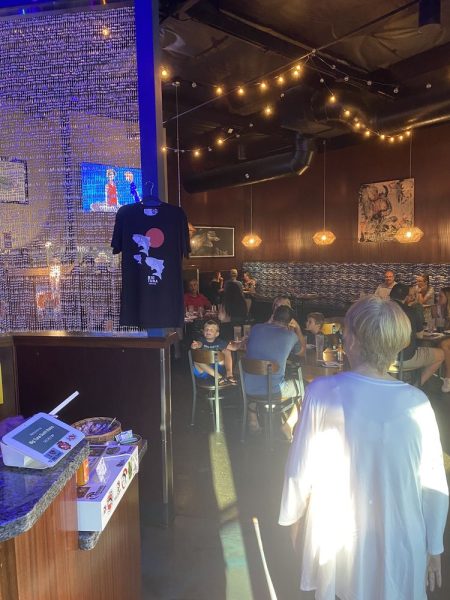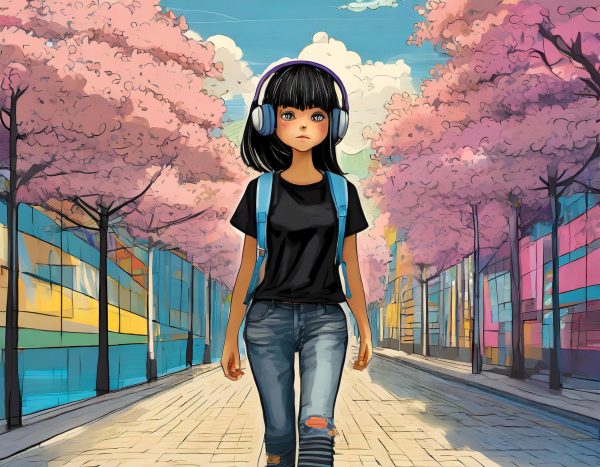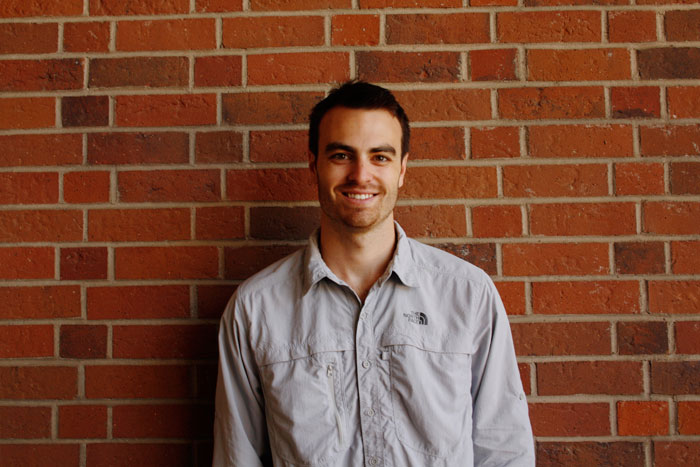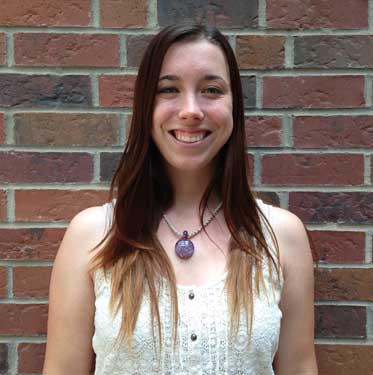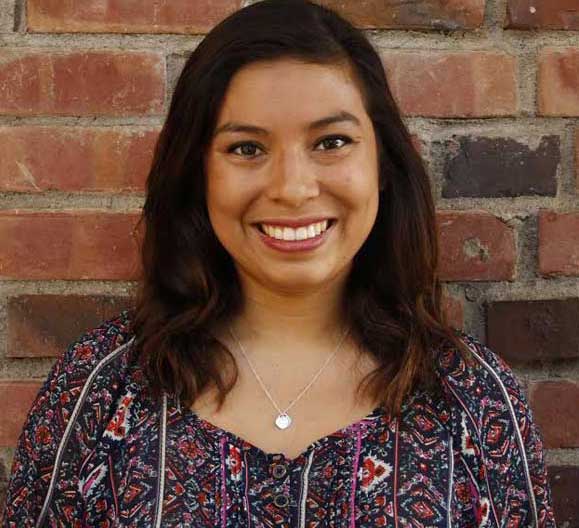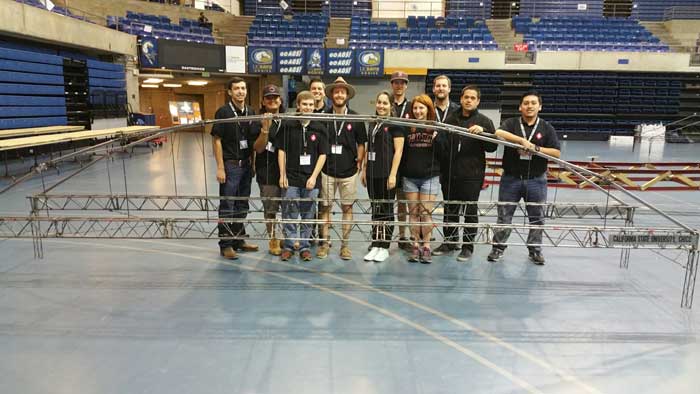Published 2011-03-21T20:25:00Z”/>
Staff CommentaryLeila Rodriguez
I can stomach zombies mauling limbs off humans, children possessed by demons and people being chomped away by mega piranhas, but I cannot handle watching a woman tortured and raped in a movie.
I am a huge horror films fan. Horror films tap into the mind’s deepest and darkest fears, surfacing them on screen for a good scare. Adding rape to a horror film takes that fear too far.
I still remember cringing in my seat as I watched a tattered hand cup a young woman’s face as the villain drooled and huffed over the sight of her. Instantly my gut knew what was next for her. The scene cut out and the young woman was crying with bloodstains – apparently, we weren’t watching the unrated version of “The Hills Have Eyes.”
As if the hill people weren’t already savage enough, the extra few moments where he rapes the teenage daughter were not necessary. Plunging a pick through her father’s head was service enough.
For decades, female roles in horror films fall into two categories – the over-sexualized fox or the damsel in peril. The female heroes that are depicted are usually virginal and the female characters that are going to die almost always end up having sex.
“The film industry generally gravitates toward patriarchy, adolescent sexual desires,” history professor Kate Transchel said in a phone interview. “Very few images portray strong, capable women.”
Screenwriter Trent Haaga’s “Deadgirl” is a prime example of adolescent desires. Two high school students find what seems to be a dead woman while roaming through an abandoned mental asylum. The woman, who is zombie-like and cannot die, is left naked and chained to a table through the entire film. After adopting the nameless girl as their sex slave, they invite friends to join in repeatedly raping her.
In one scene it is suggested that they considered using her bullet wounds as points of entry for sex because there was lubrication oozing from her lesions.
“Deadgirl” indulges a base fantasy of having a silenced female accessible for sexual pleasures – the submissive sexualized female for the insistent dominate male. It’s a redundant male ascendancy theme of feminine objectification interlaced into today’s media.
“Men are taught to be this aggressive, dominant figure,” said women’s study major and Chico State’s Women’s Center intern Trina Walker. “That type of anger is so accepted.”
Walker finds it odd.
“Are they glamorizing it or being critical?” she said.
Rape has no relation to fulfilling a sexual appetite, just power. The act should never be suggested in a film because it does not capture the emotional outcome of the violent violation.
“It’s not just forcible intercourse,” author Alice Sebold said in her memoir, “Lucky.” “Rape means to inhabit and destroy everything.”
Rape happens too often in our society.
During Transchel’s speech, delivered March 8 at Bell Memorial Union, she said 232,960 females survived a rape or attempted rape last year, which equals more than 60 women a day.
Survivors of sexual abuse do not always have the benefit of seeking revenge or justice on their assaulters. Watching a film do just that might be compelling, but it’s still hard to stomach.
Wes Craven’s “Last House on the Left” movies preach more of a revenge horror. His original film, released in 1972, is more disturbing than his later remake in 2009, but they both take the audience through a vigorous survival scheme of two girls trying to escape a group of sick people they accidentally got mixed up with.
Both films’ rape scenes zoom into the grit and carnage witnessed on the victim’s faces. Anyone watching cannot help but feel uncomfortable.
Rape played a prevailing role in this movie because its plot was based on the two young women’s brutal attacks. Justice was served and people left the theater satisfied, but rape should not be a form of entertainment.
Movies portraying the horrific act make me wonder if writers are being sincere or just trying to get away with showing another naked body. Horror films are one genre where the extra female brutality does not belong.
It’s OK to look away at the bloody mess horror films deliver – I did it multiple times watching “The Human Centipede.” But it is not OK to violently exploit a woman’s body and call it a plot. Turning a blind eye to real life violence is worse than shutting your eyes to it in a movie.
<strong>Leila Rodriguez can be reached at</strong>
<em>[email protected]</em>
